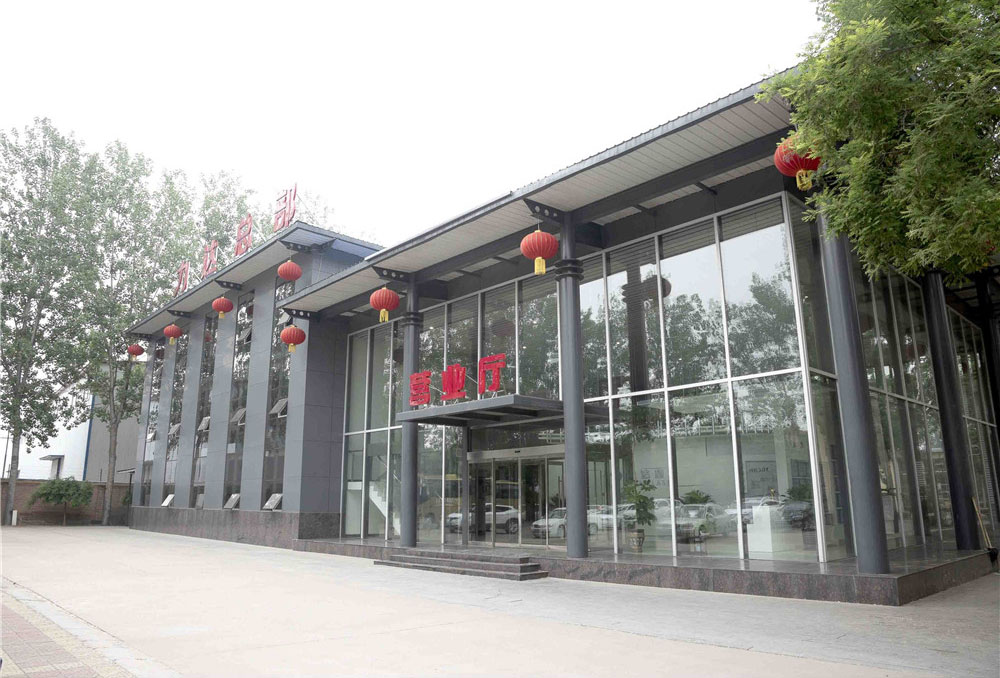Aug . 29, 2024 07:45 Back to list
High-Density Polyethylene (HDPE) Tubes - Durable & Versatile Solutions
The Versatility of HDPE Tubes An In-Depth Look
High-Density Polyethylene (HDPE) is a thermoplastic polymer recognized for its high strength-to-density ratio, making it one of the most widely used plastic materials in various industries. One of the most common applications of HDPE is in the form of tubes. These tubes are not only durable but also have a wide range of uses across diverse sectors including construction, agriculture, manufacturing, and environmental management.
Properties of HDPE Tubes
HDPE tubes are known for their exceptional chemical and physical properties. They have a high resistance to impact and are less likely to crack or break compared to other materials. Furthermore, HDPE exhibits a good resistance to many solvents, acids, and bases, making it suitable for transporting various liquids, including hazardous substances. The lightweight nature of HDPE also allows for easy handling and installation, reducing labor costs and improving efficiency on job sites.
Another significant characteristic of HDPE is its resistance to UV radiation, which helps in preventing degradation when exposed to sunlight. This makes HDPE tubes ideal for outdoor applications. Additionally, their low moisture absorption rate prevents the growth of mold and mildew, ensuring a longer lifespan and reducing maintenance needs.
Applications of HDPE Tubes
The versatility of HDPE tubes allows them to be used in various applications. In the construction industry, HDPE tubes are often utilized for drainage systems, irrigation setups, and as conduits for electrical and telecommunication services. Their durability and adaptability make them perfect for handling both high and low-pressure requirements.
hdpe tube

In agriculture, HDPE tubes serve crucial roles in irrigation systems. They help ensure efficient water delivery to crops, enhancing productivity and conserving water resources. The flexibility and resilience of these tubes make them easy to install in various terrains, allowing farmers to optimize their irrigation methods effectively.
Moreover, in the environmental sector, HDPE tubes are utilized for waste management and recycling purposes. Their resistance to chemicals and environmental conditions enables them to transport waste efficiently while ensuring minimal leakage. This attribute is particularly important in land reclamation and waste transfer systems.
Eco-Friendly Characteristics
Apart from their practical applications, HDPE tubes are also favored for their eco-friendly characteristics. They can be recycled multiple times without significant degradation in quality, contributing to a circular economy. Many manufacturers are now producing HDPE tubes with recycled materials, further enhancing sustainability in industrial practices.
Conclusion
In conclusion, HDPE tubes represent a crucial component in modern industrial applications due to their exceptional durability, versatility, and eco-friendly characteristics. Whether in construction, agriculture, or environmental management, their extensive range of applications is a testament to their effectiveness. As industries continue to evolve and prioritize sustainability, HDPE tubes will likely become even more integral to future developments, providing reliable solutions that meet both practical and environmental needs.
-
High-Quality PPR Pipes and Fittings Durable ERA PPR & PVC PPR Solutions
NewsJul.08,2025
-
Black HDPE Cutting Board - Durable, Non-Porous & Food Safe HDPE Plastic Cutting Board
NewsJul.08,2025
-
High-Quality CPVC Panel Durable HDPE & PVC Panels Supplier
NewsJul.08,2025
-
Double PE Welding Rod Supplier - High Strength, Durable & Versatile Welding Solutions
NewsJul.07,2025
-
High-Quality PVC-O Pipe Supplier Durable 75mm PVC Pipe & Connections Leading PVC Pipe Company
NewsJul.07,2025
-
HDPE Drainage Pipe Supplier – Durable & Corrosion-Resistant Solutions
NewsJul.06,2025

